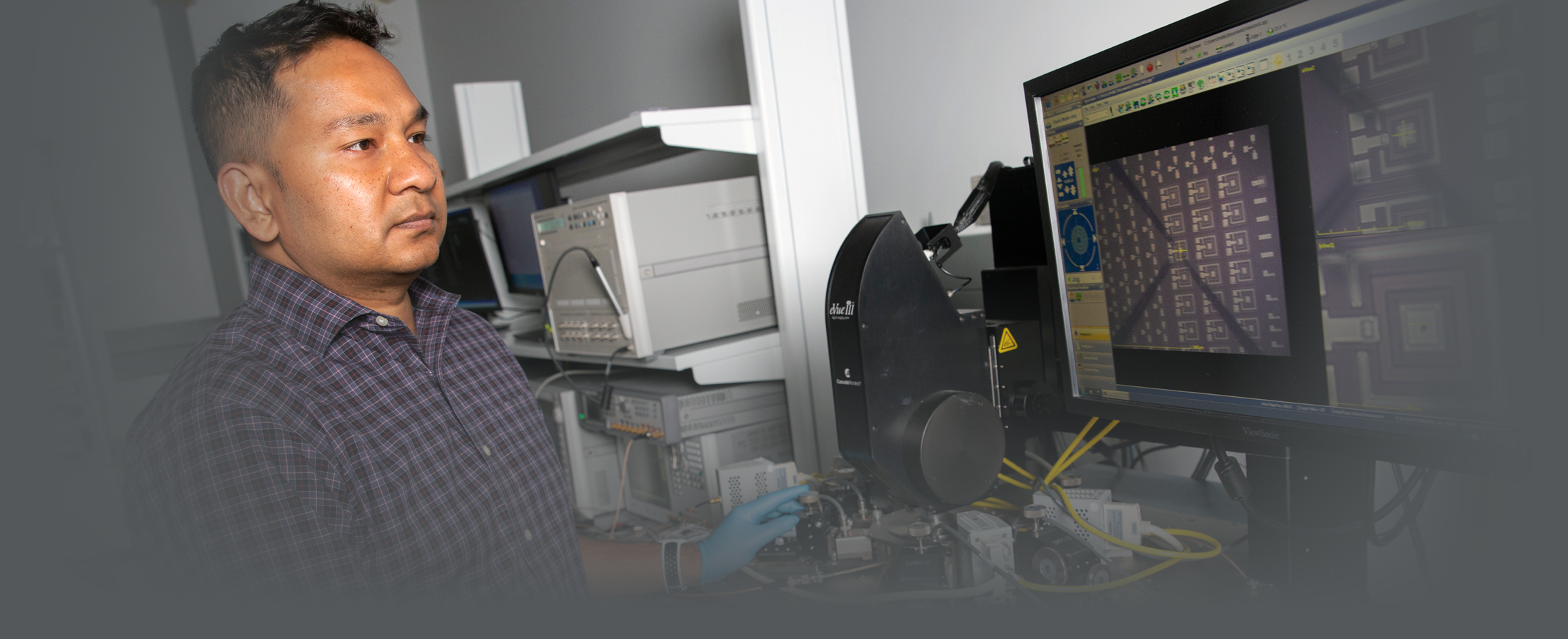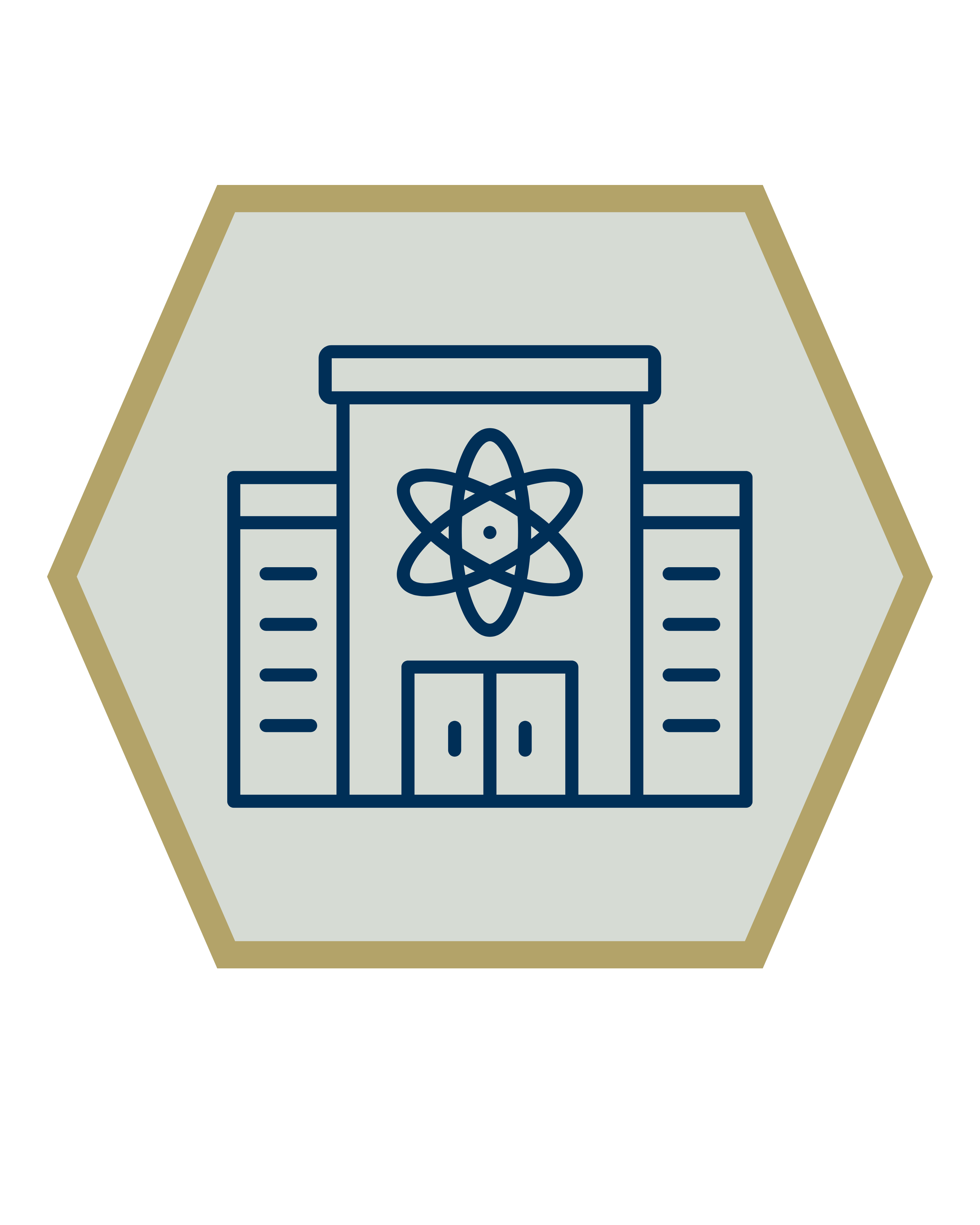
The Georgia Tech School of Electrical and Computer Engineering is leading research and innovation in electrical and computer engineering. Our interdisciplinary research focuses on a wide range of topics, including nanotechnology, renewable energy, wireless communications, computer vision, machine learning, and robotics.
We are committed to advancing the state of the art in these fields through interdisciplinary collaboration and a strong emphasis on innovation. Our faculty and students work closely with industry partners to develop practical solutions to real-world problems, and they have a strong track record of producing groundbreaking research that has led to significant advancements in the field of electrical and computer engineering.
ECE at Georgia Tech offers interdisciplinary research and educational programs that are grounded in the fundamentals of engineering, science, and technology. With 20-plus Georgia Tech research centers at their fingertips, our driven and passionate faculty members and students have made groundbreaking advances in many ECE research areas, bringing in $70,876,145 this past fiscal year to support these efforts.
Research conducted in ECE at Georgia Tech spans a wide spectrum of activity, including wireless communications, robotics, nanotechnology, cybersecurity, solar energy, and bioinstrumentation. ECE faculty and students pursue advances in research that support economic growth, environmental protection, national security, improved quality of life, and more.
We are tenacious in our search for a better way. Check out some examples of the incredible, life-changing research at Georgia Tech ECE to the right.
The Promise of Technology
The Georgia Tech School of Electrical and Computer Engineering (ECE) powers innovation that advances national priorities.
From reliable energy and faster communications to intelligent systems and assistive technologies, ECE tackles society’s biggest challenges through world-class expertise, robust collaboration, and impressive scale.
Explore the ECE projects below to see how Georgia Tech is fulfilling the promise of technology.

Latest Research News

Engineering the Car of the Future
ECE experts look to the future of the automotive industry, and how new technology—from innovations in electric motors, wireless charging, autonomous systems, and beyond—will not only transform vehicles, but reshape the power grid, influence policy decisions, and impact numerous aspects of society.

Next-Gen Brain Implants Offer New Hope for Depression
As featured in IEEE Spectrum, Professor Christopher Rozell's AI model identifies signs of depression relapse five weeks before symptoms appear. The system has uncovered a neural biomarker linked to both relapse and sleep quality, giving clinicians a valuable early warning signal.
(text and background only visible when logged in)
ECE Research by the Numbers



(text and background only visible when logged in)